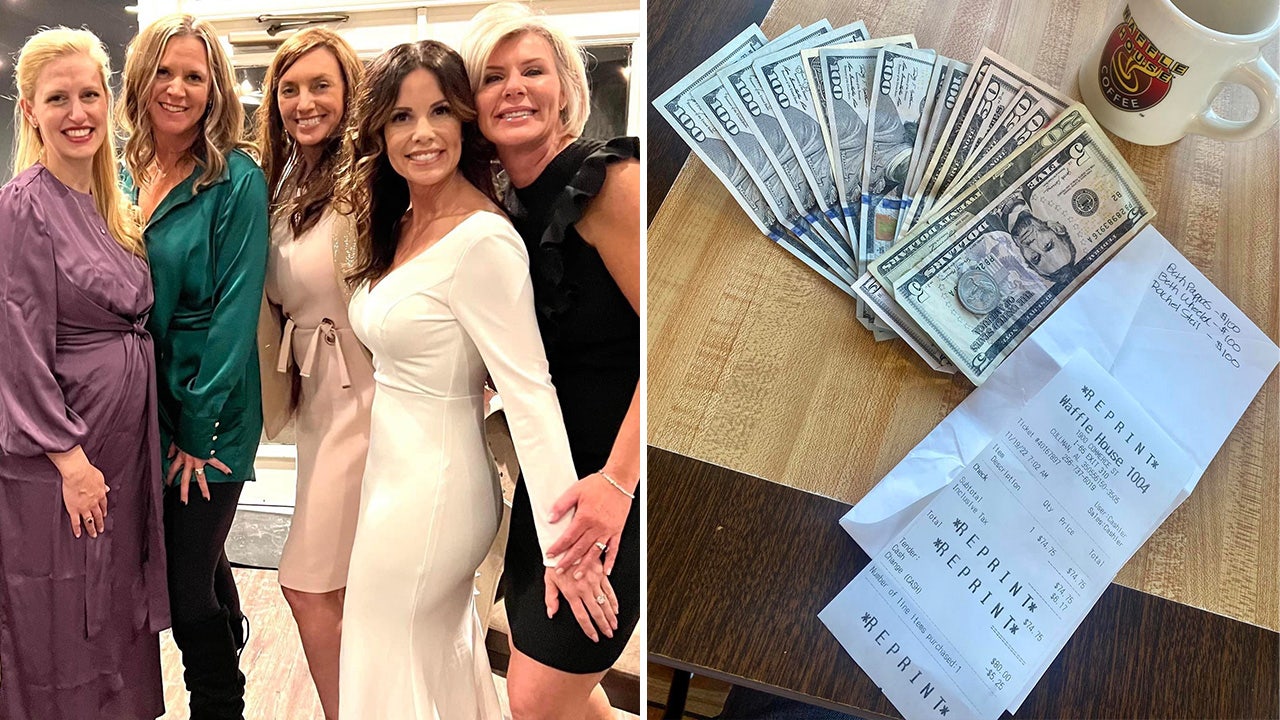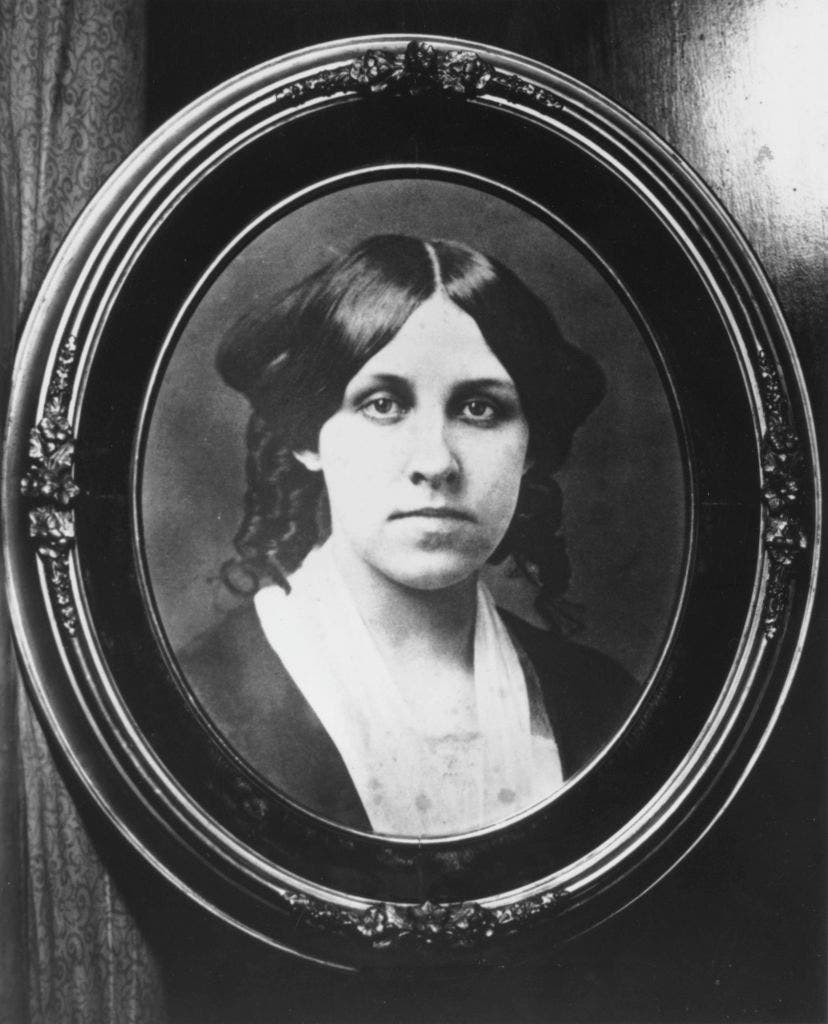In wake of Gabby Petito’s death, both experts and survivors of domestic violence are sounding off on the 911 call in Moab, Utah, and the highly publicized bodycam footage.
On Aug. 12, the Moab City Police Department released a video showing officers interacting with Petito, 22 and her fiancé Brian Laundrie, 23, roughly two weeks before Petito disappeared. Moab police were responding to a report of a “possible domestic violence” incident, Fox News Digital first reported.
The 911 caller was heard telling a dispatcher that “the gentleman was slapping the girl” and hitting her, Fox News confirmed Monday after exclusively obtaining audio of the call. In a subsequent police statement, a witness said, “At one point, they were sort of fighting over a phone – I think the male took the female’s phone. It appeared that he didn’t want her in the white van.”
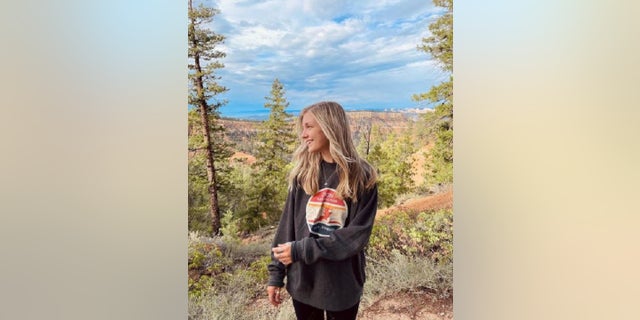
On Oct., 1, Fox News reported on newly released bodycam video from a second Moab officer who arrived at the scene. In the footage, Petito told a police officer that Laundrie grabbed her face during the argument on Aug. 12 – but she quickly backtracked and claimed she struck first.
The FBI later confirmed Petito’s remains were found in Wyoming, labeling it homicide. Laundrie has been named a person of interest in the case, not a suspect, and has also been missing-persons” target=”_blank”>reported missing<
The case has been under public scrutiny since Petito’s reported disappearance on Sept. 11, and the police footage, which is still under investigation, has sparked conversation surrounding domestic violence.
“As a survivor myself, I can’t tell you how many times I’ve been in that instance where I could tell something bad was going to happen”
— Ruth Glenn, domestic violence expert, CEO of the National Coalition Against Domestic Violence
In the footage, Petito appears visibly distraught while a calm Laundrie describes his version of events to police, showing scratches on his body from Petito.
“The video was disturbing to us,” Kathryn Jacob, president/CEO of SafeHaven of Tarrant County, a nonprofit agency which operates domestic violence shelters, told Fox News.
Petito blamed her “OCD” for the argument, according to the video. Officers decided Petito was “the primary aggressor.”
Ruth Glenn, domestic violence expert and CEO of the National Coalition Against Domestic Violence told Fox News that she saw roughly 15 minutes of the video and was too “startling” for her to finish.
“Her appearing disheveled and hysterical and really self-blaming, and him appearing flippant and blaming her as well,” Glenn said.
Neither Petito nor Laundrie wanted to file a police report against the other.
In the video, police questioned Petito and Laundrie separately after pulling them over on the highway.
“She knows what she has to say to keep herself safe because chances are, she knows she’s going to be alone with him again after this moment, and she knows she will bear the consequences after she leaves PD,” Jacob, who is also a licensed social worker in Tarrant County, Texas, said about the video.

Gabby Petito appears highly distraught in Aug. 12 police bodycam video showing the couple pulled over in response to a report of a domestic incident between them.
(Moab PD )
It’s unknown if this was the first incident between Petito and Laundrie.
In the footage that was first released, one officer can be heard saying how he’s been “married for over five years” and “I get it,” while Laundrie smiles throughout the exchange.
Representatives for Moab police have not yet responded to Fox News’ request for comment on this story.
Jacob said the blame appears to be placed on Petito in the video. Blame is an element of The Power and Control wheel – a tool used in the domestic violence field to understand tactics abusers use to gain power and over victims and keep them in the relationship, Jacob added.
“The one tactic that you will see every offender use is minimize, deny and blame – making light of the abuse not taking abuse seriously – shifting responsibility of the abuse,” Jacob said.
As Fox News previously reported, one of the responding officers said the incident can be “more accurately categorized as a mental/emotional health ‘break’ than a domestic assault,” and that “no significant injuries” were reported.
Laundrie was sent to a hotel for the night and Petito stayed with their van, which was converted into a camper.
“As a survivor myself, I can’t tell you how many times I’ve been in that instance where I could tell something bad was going to happen,” Glenn said.
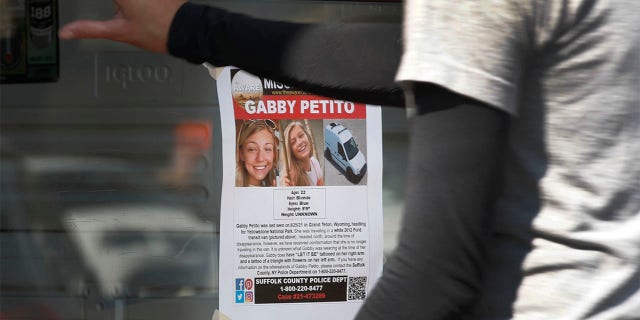
A flyer of Gabby Petito who is missing, hangs on the door of a store as customers enter in Jackson, Wyoming on September 16, 2021. Photo by George Frey
(Backgrid)
Audria Maltsberger, a volunteer on SafeHaven’s prevention team said she too watched the bodycam footage – calling it “triggering.”
Maltsberger, who is also a helpline coordinator for the national organization, Break the Silence, said she and fellow survivors have been following the Petito case.
“She’s downplaying and taking the blame. He’s putting it all on her,” Maltsberger said, commenting on the video.
“We see it on all these stupid shows on TV and so we are desensitized, and so disconnected”
— Audria Maltsberger, domestic violence survivor, volunteer on SafeHaven’s prevention team
Maltsberger, also a survivor of domestic violence, went to SafeHaven 14 years ago with her three children after exiting an abusive marriage.
Now, Maltsberger helps women and men survivors by sharing her story and helping them get out.
“At the end, it was 12-and-a-half years and it took broken bones to finally be able to get me to leave,” she said.
“We want to believe that they can change and it’s not going to happen again,” Maltsberger said. “Unless there’s an intervention it’s going to get more dangerous.”
One in three women has experienced intimate partner violence, according to the Centers for Disease Control and Prevention, and over half of female homicide victims in the U.S. are killed by a male intimate partner or former partner.
Maltsberger calls it an “epidemic” adding, “We see it on all these stupid shows on TV and so we are desensitized, and so disconnected. But this is the perfect opportunity to push passed all of that.”
“If you have a ‘sensationalized’ case not only does the media and society in general become interested but there’s also awareness that comes”
— -Glenn
Matsberger referenced the 2018 Colorado death of Shanann Watts, who was 15 weeks pregnant. Shanann’s husband Chris Watts was convicted of her murder as well as the murders of their two daughters, Bella, 4, and Celeste, 3. The case received national media attention.
In 1994, after the high-profile O. J. Simpson case and murder of Nicole Brown Simpson, calls to shelters, police and hotlines soared, the Associated Press reported. In diary entries, Brown Simpson had detailed the physical abuse she endured. Policy-makers sought new ways to address domestic violence beyond sending women to shelters and offering restraining orders which often did little to protect them.
HOW PARENTS SHOULD TALK TO KIDS ABOUT GABBY PETITO
Both the Simpson and Watts stories were retold as movies and documentaries.
“If you have a ‘sensationalized’ case not only does the media and society in general become interested but there’s also awareness that comes…for victims and survivors of domestic violence,” Glenn said.
“Unfortunately, what also happens is that [it] is short-lived,” Glenn said, adding “Public awareness goes way down. the conversation slowly but surely wanes, and that’s really unfortunate because domestic violence doesn’t.”
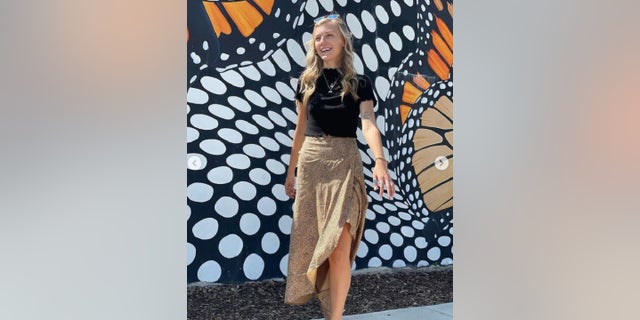
In February, Fox News reported on an 8.1% increase in domestic violence incidents during stay-at-home orders. The report was released by the National Commission on COVID-19 and Criminal Justice (CCJ) — using data collected by law enforcement agencies, health agencies, domestic violence hotlines, and “other administrative documents.”
In reference to the Petito 911 call, Jacob said police aren’t experts in every field, nor are they social workers.
“They’re public safety officers and we expect them to be trained at a bachelor or master level, in domestic violence, substance abuse psychosis or mental health… no one can be a jack of all trades in that way,” she said.
Jacob said in some areas of the U.S., resources exist to address domestic violence and are available to police.
For example, in Arlington, Texas, police will have a licensed social worker accompany them to domestic violence calls, Jacob said. Police in Milwaukee have a similar strategy.
“It’s the system, not PD – the system was not established to deal with the dynamic of domestic violence”
— Jacob
Jacob collaborates with her community to identify the most vulnerable survivors in our community along with the offenders who are most likely to re-offend. “We [work] with law enforcements and others to make sure they don’t turn into homicide,” she said. “When they feel safe to do so, there’s a warm hand-off between Arlington PD and SafeHaven.”
She went on, “It’s the system, not PD – the system was not established to deal with the dynamic of domestic violence.”
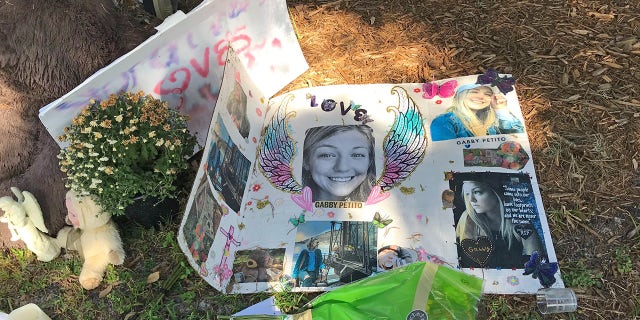
Memorial for Gabby Petito grows near City Hall in North Port, Florida. Here are some of the heartfelt messages left in her memory
(Fox News)
Maltsberger is hoping for more tools and education for police, nurses, doctors and families.
“When I was in the shelter it wasn’t just poor women. They’re all races, all professions. It does not discriminate,” Maltsberger said.
For helpful information, visit the National Coalition Against Domestic Violence website.
If you or someone you know is suffering from domestic violence, please contact the National Domestic Violence Hotline at 1−800−799−7233 or TTY 1−800−787−3224.
Fox News’ Paul Best contributed to this report.
 Iktodaypk Latest international news, sport and comment
Iktodaypk Latest international news, sport and comment

